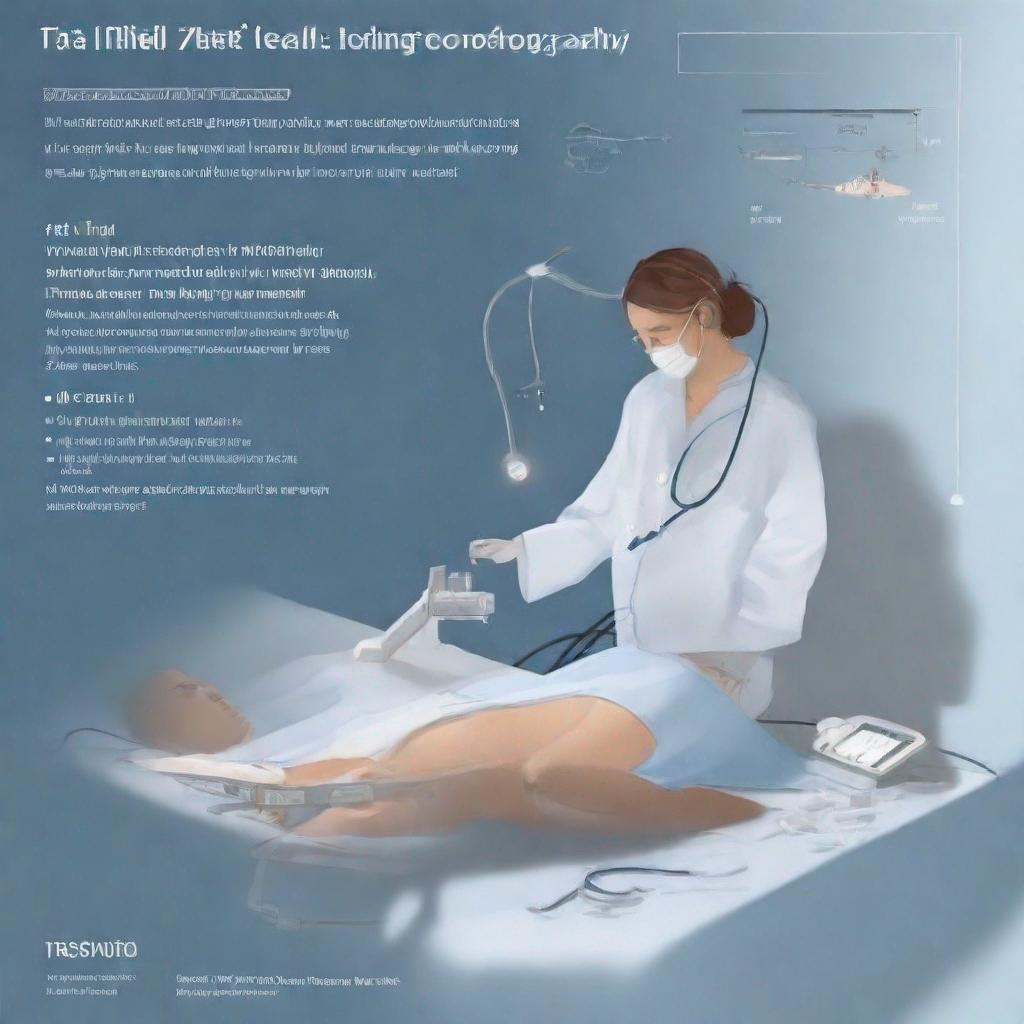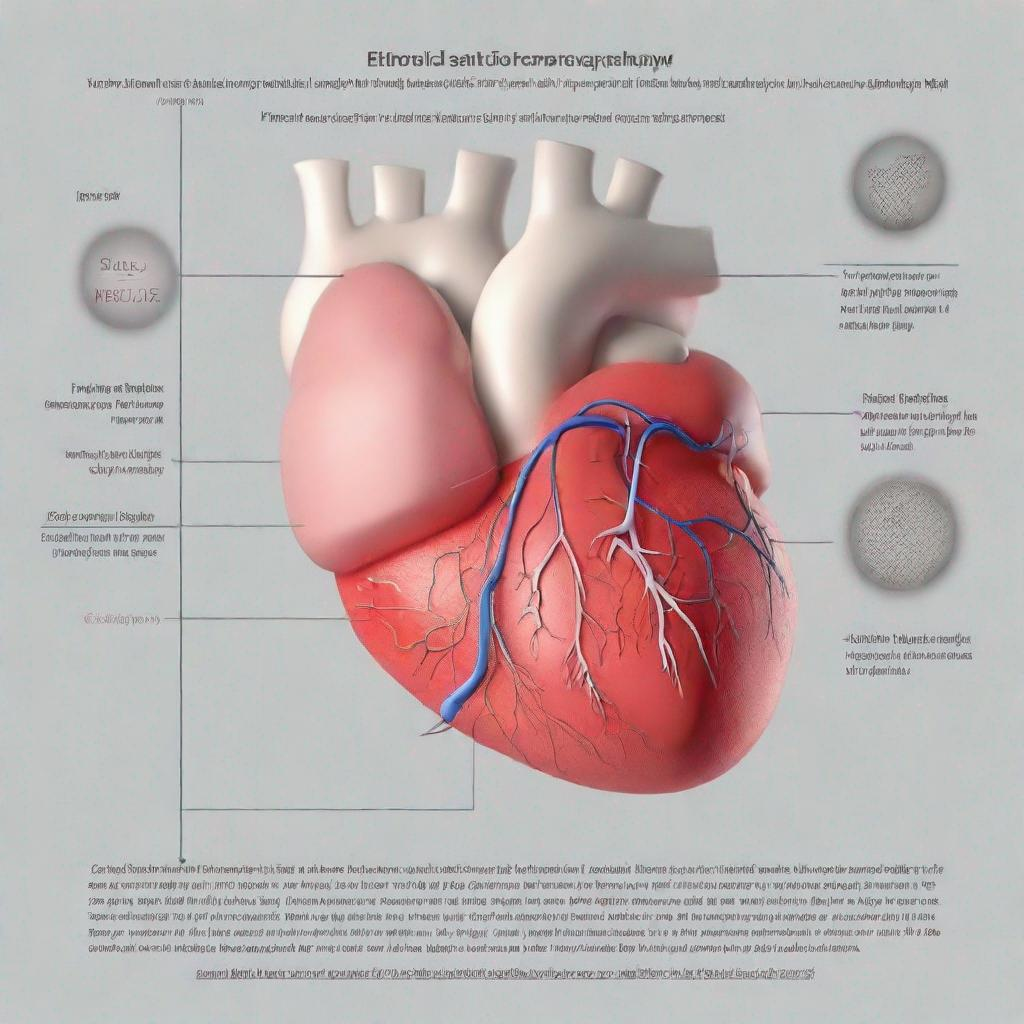## Polysomnography: A Comprehensive Guide to Sleep Testing
### Introduction
Polysomnography (PSG) is a comprehensive, overnight sleep study used to diagnose and evaluate sleep disorders. It monitors various physiological parameters during sleep, providing valuable insights into sleep patterns, disturbances, and underlying medical conditions.
### Procedure
A PSG is typically conducted in a sleep laboratory. The patient sleeps in a controlled environment while sensors and electrodes are attached to their body. These sensors measure:
– **Electroencephalogram (EEG):** Brain activity
– **Electrooculogram (EOG):** Eye movements
– **Electromyography (EMG):** Muscle activity
– **Pulse oximetry:** Oxygen levels in the blood
– **Nasal canula:** Airflow through the nose
– **Oral appliance:** Breathing pattern through the mouth
The study usually lasts for one night, but in some cases, a split-night study may be conducted, where the patient undergoes both a sleep study and a Multiple Sleep Latency Test (MSLT).
### Diagnosis
PSG can help diagnose a wide range of sleep disorders, including:
– **Sleep apnea:** Interruptions in breathing during sleep
– **Insomnia:** Difficulty falling or staying asleep
– **Narcolepsy:** Excessive daytime sleepiness
– **Periodic limb movement disorder:** Involuntary leg or arm movements during sleep
– **Restless legs syndrome:** Uncomfortable sensations in the legs that worsen at night
– **Sleepwalking:** Walking or performing other activities while asleep
– **Night terrors:** Sudden awakenings with intense fear and confusion
### Importance
PSG is a crucial diagnostic tool for sleep disorders. It provides objective evidence of sleep patterns, disturbances, and potential underlying medical conditions. By identifying the underlying cause of sleep problems, PSG helps guide treatment plans and improve sleep quality.
### Alternatives
In some cases, alternative tests may be used instead of or in conjunction with PSG. These include:
– **Home sleep study:** A simplified, at-home version of PSG
– **Multiple sleep latency test (MSLT):** Measures daytime sleepiness
– **Maintenance of wakefulness test (MWT):** Assesses the ability to stay awake during the day
– **Arousal threshold estimation test (ATET):** Determines the threshold for waking up from sleep
### Preparation
Before undergoing a PSG, patients should:
– Avoid caffeine and alcohol for several hours before the test
– Bring comfortable clothing and toiletries
– Inform the doctor about any medications or health conditions
– Get a good night’s sleep the night before the test
### Duration
A PSG typically lasts for one night. Results are usually available within a few days to weeks.
### Recommendations
In addition to PSG, other tests that may be recommended include:
– **Echocardiogram:** To assess heart function
– **Pulmonary function tests:** To evaluate lung function
– **Thyroid function tests:** To check thyroid hormone levels
By combining PSG with other tests, doctors can gain a comprehensive understanding of the patient’s sleep health and develop a personalized treatment plan.



